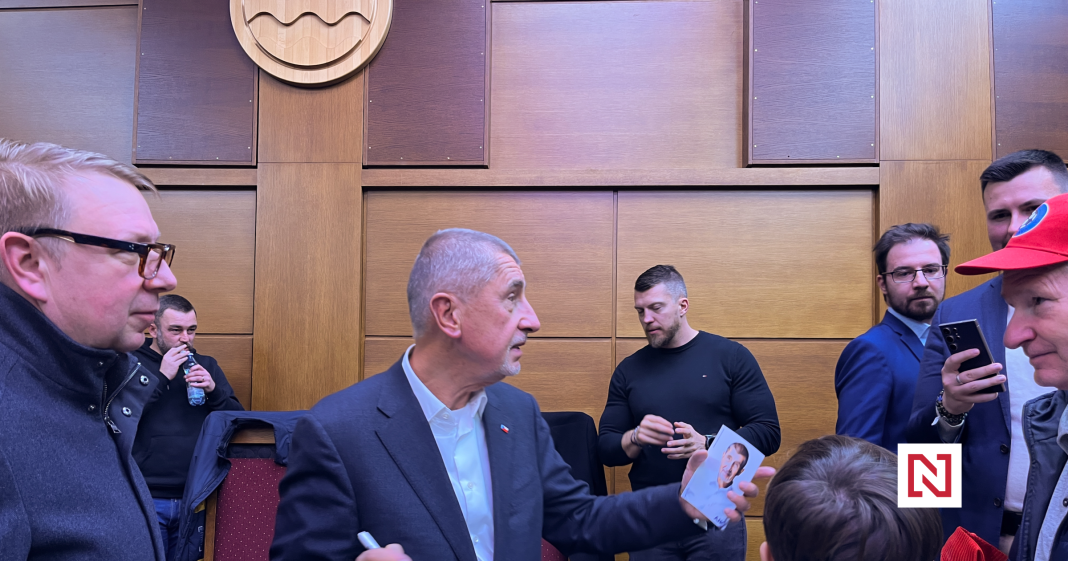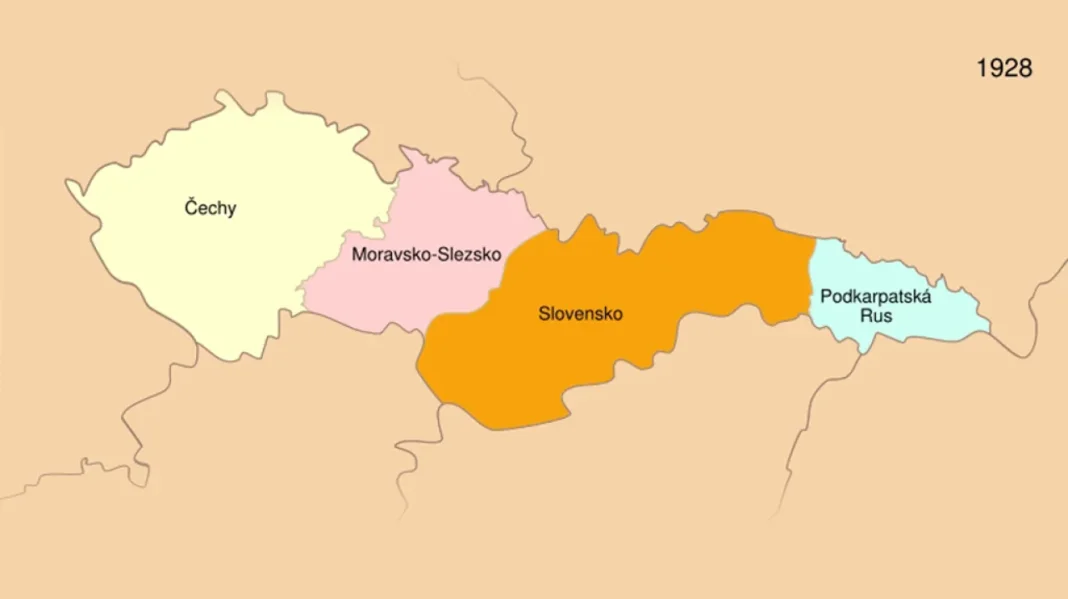Andrej Babiš, former Czech Prime Minister and leader of the ANO party, recently stirred emotions in Havířov by stating his opposition to further financial aid for Ukraine. This statement garnered applause from many attendees and highlights a contentious debate within Czech politics and society.
Babiš’s Position on Ukraine

In a recent gathering in Havířov, Andrej Babiš articulated his stance against additional financial support for Ukraine, citing concerns about domestic economic issues as a priority. His statement, “No more money to Ukraine,” resonated with a segment of the audience who applauded his perspective. This reaction suggests that there is a notable portion of the Czech populace who align with prioritizing national interests over international aid.
Babiš has often positioned himself as a politician who listens to the concerns of ordinary citizens, and his remarks reflect growing public sentiment focused on local economic challenges. The economic strain exacerbated by various global crises has led some citizens to question the extent of Czech involvement in international financial commitments.
Public Reactions and Political Implications

The applause in Havířov underscores a divide in public opinion on the matter of financial assistance to Ukraine. While some support Babiš’s call for a more inward-focused approach, others criticize it as lacking solidarity with a nation in turmoil. This split reflects broader debates in Europe regarding economic priorities versus international aid responsibilities.
Political analysts suggest that Babiš’s statement may be a strategic move to consolidate support among voters who feel economically neglected. As elections approach, such positioning could attract those frustrated by perceived government overspending on foreign aid while domestic issues persist unaddressed.
Response from Ukrainian Diplomacy and Allies

The response from Ukraine and its diplomatic allies has been cautious yet firm. Ukrainian officials have expressed their hopes for continued support from European nations, emphasizing the critical nature of such aid in ongoing conflict and recovery efforts. Internationally, Czechia is viewed as a key partner in the region, and any shift in its stance could influence broader European foreign policies.
Relations between Czechia and Ukraine have traditionally been cooperative, with previous administrations supporting Ukraine’s sovereignty and economic recovery. This recent turn highlights potential challenges ahead for diplomatic relations and strategic partnerships in Eastern Europe.
Potential Economic Impact on Czechia

An important aspect of this debate is the potential economic repercussions within Czechia if support to Ukraine were to be reduced. Critically, the trade and financial links between the two nations could experience strain, impacting sectors dependent on export and import synergies with Ukraine.
Moreover, a reallocation of resources could impact Czechia’s diplomatic standing and its influence in EU policymaking circles. While some citizens advocate for reduced foreign aid, economic advisors warn that inward-looking policies could hinder long-term growth prospects and international cooperation benefits.
As the political landscape in Czechia evolves, the discussion concerning international aid versus national priorities will likely continue to shape public discourse. The applause for Babiš’s statement in Havířov reflects a segment of the nation grappling with these competing interests.





